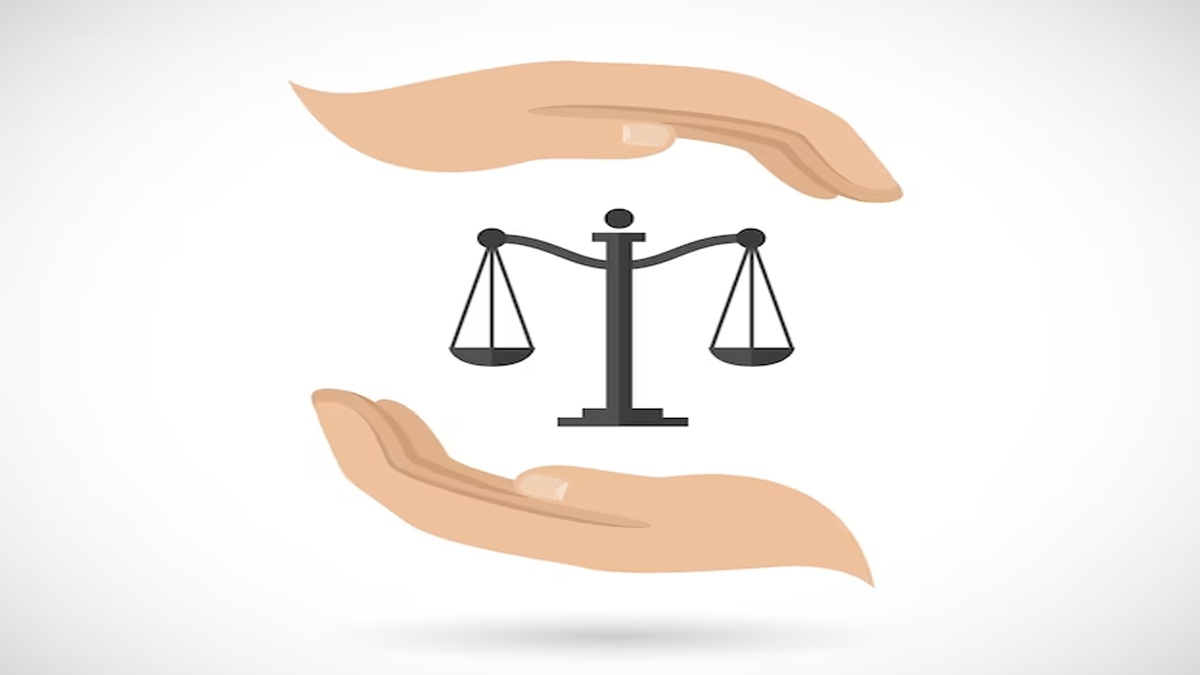It’s essential to note that these comparisons may be subject to change, and the information provided is based on the situation.
- India:
- In India, the practice of instant triple talaq was criminalized through the Muslim Women (Protection of Rights on Marriage) Act in 2019. The law makes the pronouncement of instant triple talaq a criminal offense, punishable by imprisonment. This legal intervention aims to protect the rights of Muslim women and deter the arbitrary use of triple talaq.
- Pakistan:
- As of my last update, Pakistan has taken a different approach. While there have been debates and discussions on reforming family laws, including those related to divorce, the legal status of triple talaq has not undergone significant changes. Practices related to divorce in Pakistan are often governed by personal laws influenced by Islamic principles.
- Bangladesh:
- Bangladesh has its own set of personal laws governing family matters based on Islamic principles. As of my last update, there have been discussions on reforms to family laws in the country, but the specific treatment of triple talaq may vary.
- Middle Eastern Countries:
- The treatment of triple talaq varies across Middle Eastern countries. Some countries, like Saudi Arabia and the United Arab Emirates, have more conservative interpretations of Islamic law and may allow for the practice, while others, like Tunisia and Morocco, have undertaken significant legal reforms to enhance women’s rights, including reforms related to divorce.
- Reforms in Muslim-Majority Countries:
- Several Muslim-majority countries have undertaken legal reforms to address issues related to divorce, including triple talaq. These reforms often aim to strike a balance between religious principles and modern legal concepts, with a focus on protecting women’s rights.
- Secular Legal Systems:
- In some countries with secular legal systems, the treatment of triple talaq may differ. In such cases, family matters, including divorce, are often subject to civil laws that are not necessarily based solely on religious principles.
- International Perspectives:
- At the international level, organizations and human rights advocates may express concerns about practices such as triple talaq that are perceived as discriminatory or harmful to women’s rights. The United Nations and other international bodies have emphasized the importance of ensuring that family laws, including those related to divorce, adhere to principles of equality and non-discrimination.
It’s crucial to recognize that interpretations and legal frameworks can evolve, and the treatment of triple talaq may change over time in response to social, cultural, and legal developments. For the most current information, it is recommended to refer to recent legal reforms and discussions in the relevant countries.
